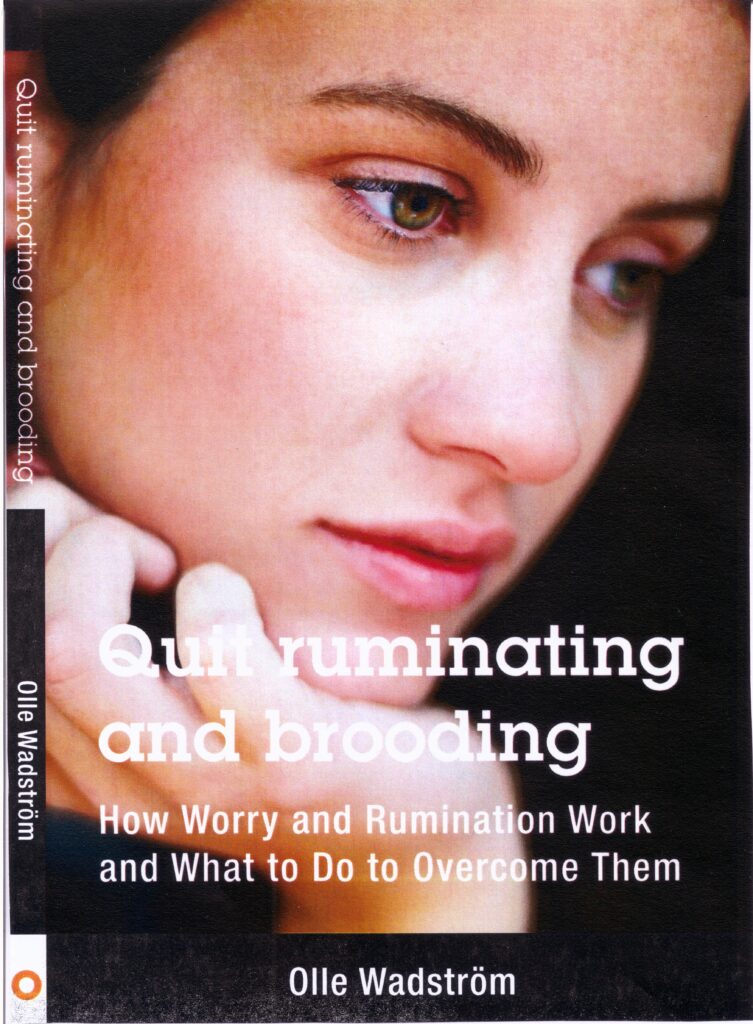We have gotten our thinking ability, for better and worse. When humankind lived in forests where wild animals were a constant threat, it was advantageous for our survival to be able to recognize dangers before they became real or close. It was important to have the imagination to visualize a bear behind a big rock, and accordingly to take a detour in order to have a head start, and get away from the bear. It was important to realize dangers ahead of time in order to be able to avoid them.
People who had a vivid imagination and the ability to foresee and imagine dangers before they were apparent and real, had better chances for survival. As long as there was a realization that a situation might be dangerous, there was a possibility to devise protective measures and strategies. Awareness and the ability to imagine dangers made it possible to make use of safety behavior. The ability to conceive of and to predict dangers can be seen as a life-saving cognitive activity in Stone Age humans. Early humankind needed ruminating for its survival. The need for this type of cognitive activity is not as necessary in our times.
We are now living in a world where ruminating is not life-saving in the same way. Our brains, that have evolved to become imaginative, will accordingly make us see dangers that do not exist in our relatively harmless world. We are afflicted by unnecessary, discomforting thoughts that warn us of dangers that are not real dangers. However, since we are in completely different contexts than Stone Age humans, our brains come up with completely different dangers.
We worry about if we will not get the job we applied for, and if we don’t, what will we do? We ponder over what our work colleagues say about us and what we can do to find out, and eventually change what they say. Our thoughts are occupied with what we should do if our washing-machine breaks down, since we do not have enough money to instantly replace it with a new one. We can even ponder over if what we said to Lisa made her sad, and what we in that case can say to her to make her happy. We brood on whether or not there is a life after this one, and if we are living our lives the way we were supposed to. We ponder over the big questions of life, is there a God? what is the meaning of life?
Our ruminations occur in different situations, and often in connection to feelings of worry and anxiety. Ruminations can have different names, depending on the context in which they appear. Sometimes they are referred to as guilty conscience, sometimes as anticipatory anxiety, decision-anxiety in other contexts, and with a different content they can be referred to as religious broodings or a crisis of life. It is the same type of activity going on in our brains, only the content of our thoughts varies. The function of this thinking is always the same, as we try to solve problems with our cognitive behavior. Sometimes the problems are impossible to solve, or they can only be solved through exterior behaviors. But often, ruminating is about trying to solve unsolvable problems in our minds.
This is an exerpt from the book Quit Ruminating and Brooding by Olle Wadstrom. Comments and discussions are encouraged.

